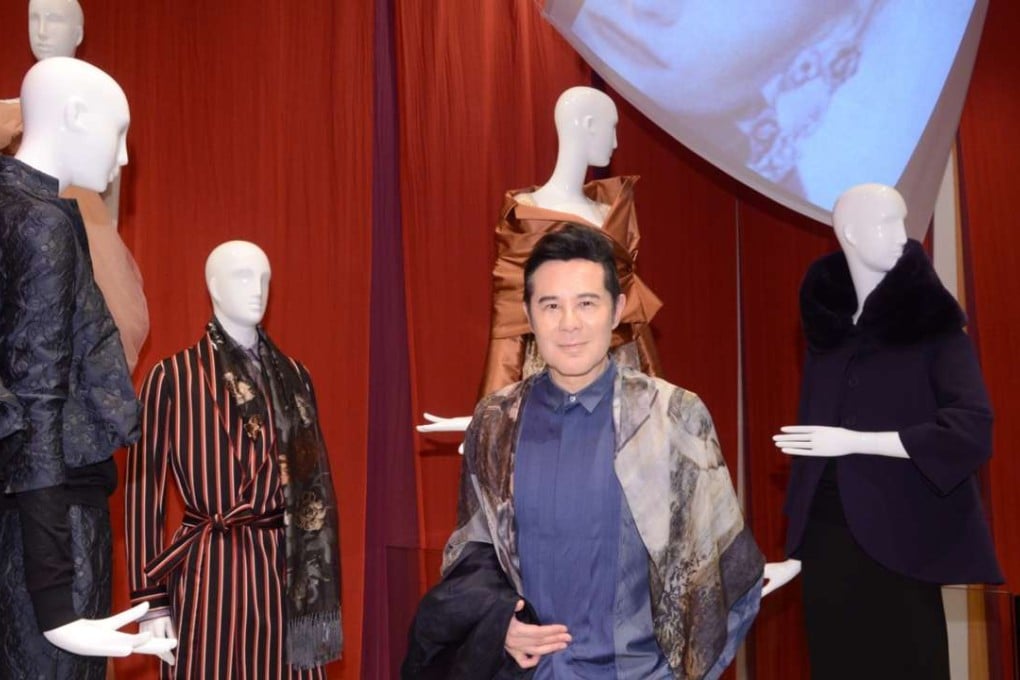Move over K-Pop: desperately seeking an international cultural icon made in Hong Kong
Kam Kwok-leung, who discovered some of city’s biggest stars, including Wong Kar-wai, ponders why today’s stars struggle to make an impact globally

Kam Kwok-leung keeps his finger on the pulse. The media veteran, dubbed godfather of Hong Kong’s creative culture, is often seen dressed to the nines at glamorous film premieres and parties, and has his own theories about the fate of the city. And he shares only in private.
Gimmickry aside, Sotheby’s #TTTOP sale was a thing of beauty
A recent Sotheby’s art auction has drawn Kam’s attention. The 274-year-old auction house teamed up with the singer T.O.P., of Korean pop group Big Bang, for a contemporary art sale entitled #TTTOP that the 28-year-old “curated”.
The singing sensation, real name Choi Seung-hyun, is a serious art collector.

The sale generated much buzz, with young girls flocking to the preview exhibitions to take pictures of the works. The auction, which concluded on October 3 in Hong Kong, fetched HK$136 million and set records.
‘Only here because of T.O.P.’ Hong Kong K-pop fans throng art auction
As we discuss the sale over a cup of milk tea at our favourite cha chaan teng in Wan Chai, there is one question that bothers Kam: can we find a celebrity from Hong Kong that an international auction house can partner with?